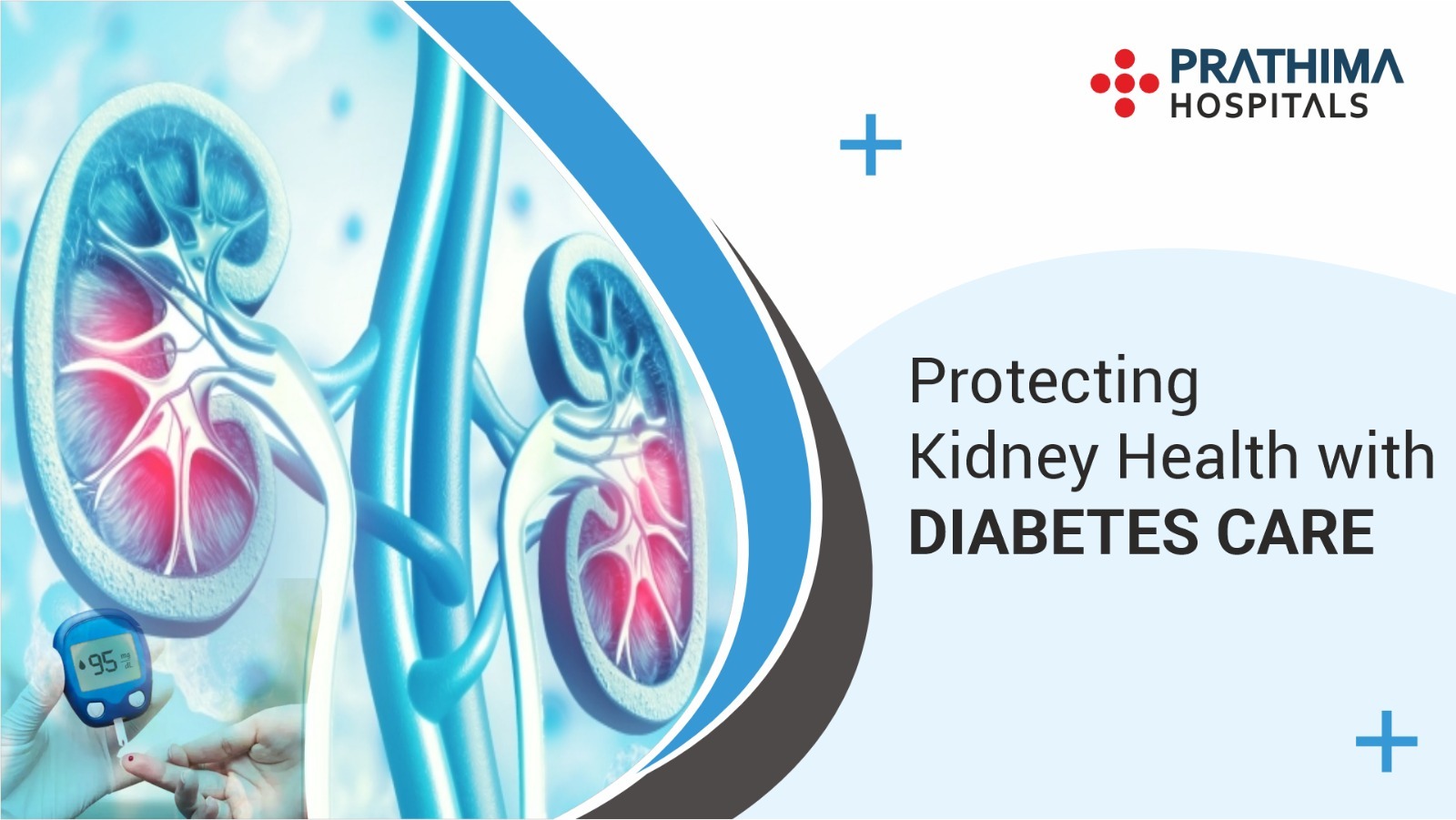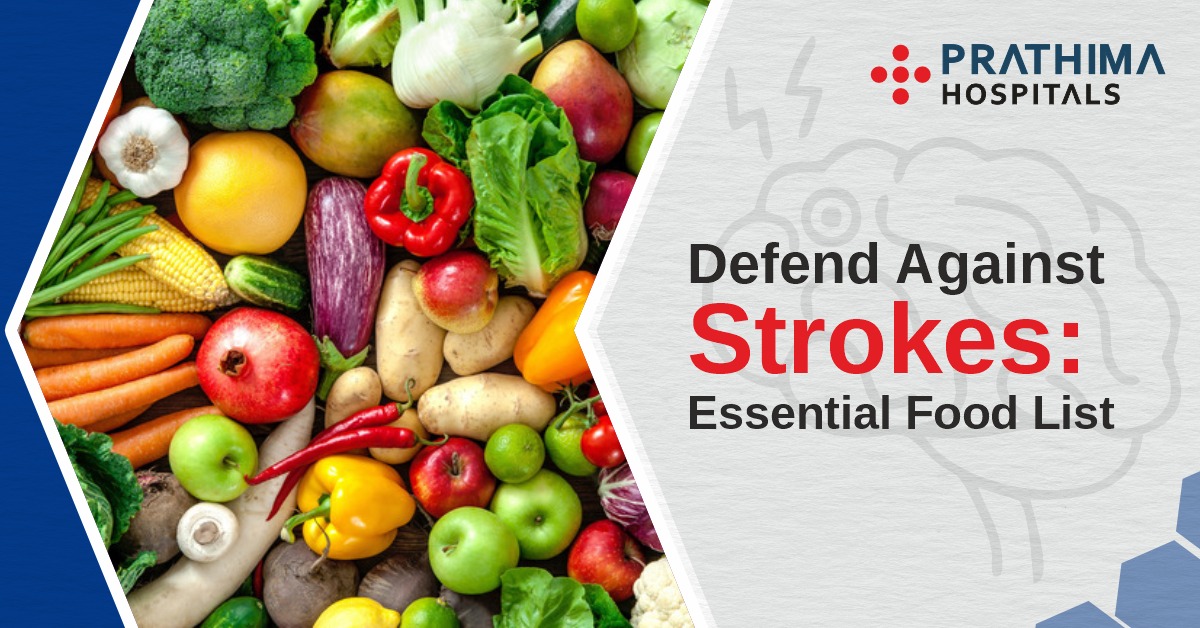Lifestyle Modifications to Effectively Manage Uterine Fibroids!

Management of Uterine Fibroids
Introduction:
During a woman’s lifetime, her uterus can grow tissue that contains non-cancerous growths called fibroids. They are a common medical condition among women, especially those in their reproductive years as per the Best Gynecologist in Hyderabad. While medical treatments and surgical options are available for managing uterine fibroids, lifestyle modifications can also play a significant role in alleviating symptoms and improving overall well-being. In this article, we will delve into the various lifestyle changes that one can adopt to effectively manage uterine fibroids.
Understanding Uterine Fibroids:
Before diving into lifestyle modifications, it’s important to understand what uterine fibroids are and how they can impact a woman’s health. Uterine fibroids, also known as leiomyomas, are benign tumours that originate from the smooth muscle cells of the uterus. Depending on the size, they can range from the size of a seed to the size of a grapefruit. While the exact cause of fibroid development is not fully understood, factors such as hormonal imbalances, genetics, and estrogen dominance are believed to contribute to their growth.
Lifestyle Modifications for Uterine Fibroid Management:
Dietary Changes:
Diet plays a crucial role in managing uterine fibroids. By making informed dietary choices, individuals can regulate hormone levels, reduce inflammation, and alleviate the symptoms associated with fibroids. Let’s delve into the specifics of dietary changes that can contribute to effective fibroid management
1. Incorporating Fiber-Rich Foods:
Fibre is an essential nutrient that aids in digestion, regulates bowel movements, and helps the body eliminate excess estrogen. High levels of estrogen can stimulate fibroid growth, making fibre-rich foods a vital part of the diet. Here are some methods to include additionally fibre:
- Whole Grains: Choose whole grains over refined grains, including brown rice, quinoa, whole wheat, & oats. These grains are rich in fibre and nutrients that support hormonal balance.
- Fruits and Vegetables: Make your diet colourful by including fruit and vegetables. Berries, leafy greens, broccoli, and carrots are excellent sources of fibre, vitamins, and antioxidants.
- Legumes: Beans, lentils, and chickpeas are rich in fibre and plant-based proteins. They can be added to salads, soups, and stews for a nutritious boost.
2. Choosing Low-Fat Foods:
Excess body fat contributes to estrogen dominance, which can exacerbate fibroid growth. Opting for low-fat foods can help maintain a healthy weight and balance hormone levels. Here’s how to make healthier fat choices:
- Lean Proteins: Include lean protein sources like fish, skinless poultry, tofu, and legumes. These options provide protein without the added saturated fat found in red meats.
- Healthy Fats: Opt for sources of beneficial fats like avocados, nuts, seeds, and olive oil to promote a healthy diet. These fats provide essential fatty acids and can support overall health.
3. Antioxidant-Rich Foods:
Antioxidants are substances that aid in addressing oxidative stress and inflammation within the body. Including antioxidant-rich foods in your diet can aid in managing fibroid symptoms and promoting general well-being:
- Berries: Blueberries, strawberries, raspberries, and blackberries are abundant sources of antioxidants and vitamins.
- Leafy Greens: Spinach, kale, and Swiss chard are high in antioxidants like vitamin C and beta-carotene.
- Citrus Fruits: Oranges, grapefruits, and lemons provide vitamin C, which supports the immune system and promotes collagen formation.
4. Limiting Caffeine and Alcohol:
Both caffeine and alcohol can disrupt hormonal balance and increase inflammation, which may aggravate fibroid symptoms. While complete elimination may not be necessary, moderating your intake can have positive effects:
- Caffeine: Restrict your consumption of beverages containing caffeine, such as coffee, tea, and energy drinks. Consider herbal teas and decaffeinated options.
- Alcohol: Consume alcohol in moderation. It’s recommended that women have no more than one alcoholic drink per day.
5. Hydration:
Adequate hydration is essential for overall health and hormone regulation. As suggested by the Best Gynecologist in Kukatpally drinking enough water supports digestion, circulation, and detoxification processes. Aim to drink at least 8 glasses of water per day, and more if you’re physically active.
6. Foods to Avoid or Limit:
Certain foods can contribute to hormonal imbalances and inflammation, potentially exacerbating fibroid symptoms. While not all individuals will experience the same reactions, consider reducing your intake of:
- Processed Foods: Highly processed foods often contain additives, preservatives, and unhealthy fats that can negatively impact hormone balance.
- Highly Sugary Foods: Excess sugar intake can lead to weight gain and inflammation. Opt for natural sweeteners like honey or maple syrup as needed.
- Red Meat: Red meat, particularly when processed, can contain added hormones and saturated fats. Consider leaner protein sources as alternatives.
- Dairy: Some studies suggest that excess dairy consumption might be associated with increased fibroid risk due to its hormonal content. Opt for plant-based milk alternatives if dairy is a concern.
7. Portion Control:
Balancing portion sizes is essential for maintaining a healthy weight and preventing overconsumption of calories. Utilize portion control methods, such as measuring portions or using smaller plates, to help manage your food intake effectively.
8. Consultation with a Healthcare Professional:
Before making significant dietary changes, it’s crucial to consult with a healthcare professional, especially if you have existing health conditions or are taking medications. They can provide personalized guidance and ensure that the dietary changes you make are appropriate for your individual needs.
Maintaining a Healthy Weight:
Maintaining a healthy weight is crucial for managing uterine fibroids. Excess body weight is associated with increased estrogen production, which can fuel fibroid growth. Regular exercise and a balanced diet can help achieve and maintain a healthy weight, reducing the risk of complications related to fibroids.
Physical Activity:
Engaging in regular physical activity offers numerous benefits for fibroid management. Physical activity aids in enhancing blood circulation, decreasing inflammation, and fostering holistic well-being. Aim for at least 150 minutes of moderate-intensity aerobic activity per week, such as brisk walking, swimming, or cycling.
Stress Management:
According to the Best Gynecologist in Kachiguda chronic stress can contribute to hormonal imbalances, which may exacerbate fibroid symptoms. Practising stress-reduction techniques, such as
1. Mindfulness and Meditation:
Mindfulness involves being fully present at the moment, and acknowledging thoughts and feelings without judgment. Meditation, a mindfulness practice, can help reduce stress by promoting relaxation and improving mental clarity. Guided meditation sessions, deep breathing exercises, and progressive muscle relaxation techniques can all be beneficial.
2. Yoga:
Yoga integrates physical postures, breathing techniques, and meditation to encourage relaxation and alleviate stress. Certain yoga poses can specifically target the pelvic area, promoting circulation and potentially alleviating fibroid-related discomfort.
3. Regular Exercise:
Engaging in regular physical activity releases endorphins, which are natural mood lifters. Exercise can help reduce stress levels, improve sleep quality, and support overall mental well-being. Activities such as walking, swimming, jogging, and dancing can be enjoyable ways to stay active.
4. Social Support:
Maintaining strong social connections can offer emotional support and a sense of belonging, both of which can buffer the effects of stress. Engaging in meaningful conversations, spending time with loved ones, and participating in group activities can provide a sense of community and reduce feelings of isolation.
5. Healthy Sleep Patterns:
Adequate sleep is essential for stress management and overall health. Establishing a consistent sleep schedule, creating a calming bedtime routine, and ensuring a comfortable sleep environment can contribute to better sleep quality.
6. Creative Outlets:
Engaging in creative activities such as art, music, writing, or crafting can provide an outlet for emotions and serve as a distraction from stressors. These activities can stimulate the release of dopamine, a neurotransmitter associated with pleasure and reward.
7. Time Management:
Effective time management can reduce feelings of overwhelm and stress. Prioritize tasks, delegate when possible, and break larger tasks into smaller, manageable steps to prevent stress from accumulating.
8. Limiting Technology:
Continual exposure to screens and digital devices can add to stress levels. Allocate specific times for checking emails and social media, and consider incorporating technology-free periods during the day.
9. Breathing Exercises:
Deep breathing exercises, such as diaphragmatic breathing or the 4-7-8 technique, can activate the body’s relaxation response and reduce stress hormones. These techniques are simple to practice and can be done anywhere.
10. Professional Help:
If stress becomes overwhelming, seeking the guidance of a mental health professional, such as a therapist or counsellor, can provide effective strategies for managing stress and building resilience.
Herbal Supplements:
Some herbal supplements, such as chaste berry (Vitex agnus-castus), may have potential benefits for managing hormone-related conditions like uterine fibroids. Nonetheless, it is crucial to seek guidance from a healthcare professional before integrating any herbal remedies into your regimen.
Limiting Environmental Toxins:
Exposure to environmental toxins, such as endocrine-disrupting chemicals found in plastics and household products, can contribute to hormone imbalances. Minimize exposure by using BPA-free containers, choosing natural cleaning products, and avoiding plastic food containers.
Regular Medical Check-ups:
While lifestyle modifications are valuable, regular medical check-ups are essential for monitoring fibroid growth and overall health. Your healthcare provider the Best Gynecologist in KPHB, can offer personalized advice and treatment options based on your individual needs.
Conclusion:
Uterine fibroids can significantly impact a woman’s quality of life, but lifestyle modifications can play a pivotal role in managing symptoms and promoting overall well-being. By making dietary changes, maintaining a healthy weight, engaging in regular physical activity, managing stress, and adopting other healthy habits, individuals can take control of their health and minimize the impact of uterine fibroids. It’s important to remember that while lifestyle changes can be beneficial, consulting a healthcare professional for personalized guidance is essential to ensure a comprehensive and effective approach to fibroid management.
.
.
.
.
.
For More Details:
📞:: 733 733 6600 | 040 4345 4345
🌐:: https://prathimahospitals.com/book-appointment/





